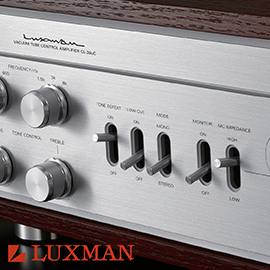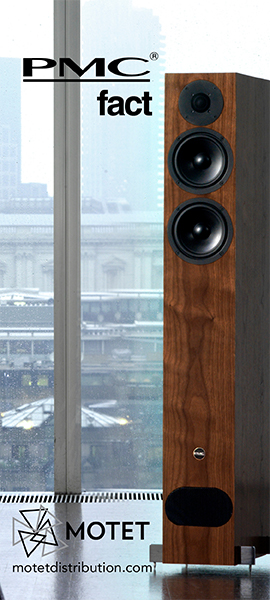 Plus ça change . . . Just when I thought the hi-fi scene was so battered, so desperate, so manifestly in need of professionalism and a sense of reality, and plagued with far more pressing priorities than to worry about the notions of reviewer freebies, up it rears its ugly little head. Shades of 35 years ago, when the audiophile community was so petty, so nasty, so infantile, that one had to step back and ask, are these schmucks really grown-ups?
Plus ça change . . . Just when I thought the hi-fi scene was so battered, so desperate, so manifestly in need of professionalism and a sense of reality, and plagued with far more pressing priorities than to worry about the notions of reviewer freebies, up it rears its ugly little head. Shades of 35 years ago, when the audiophile community was so petty, so nasty, so infantile, that one had to step back and ask, are these schmucks really grown-ups?
If you’re new to high-end audio, you may not be aware of what will not appear in the hi-fi histories that may be written someday. It was an era of such paranoia that a journalist seen merely having a coffee with a manufacturer was a pariah. I’m surprised that so few of my contemporary colleagues are paranoid/damaged.
In the USA, circa-1970-1980, it was the mainstream press (e.g., Audio, Stereo Review, and High Fidelity) vs. the underground upstarts. Within the latter culture, though, there was internecine warfare, primarily Stereophile vs. The Abso!ute Sound vs. IAR. This was later augmented by myriad also-ran titles including Sounds Like . . . , Fi, The Listener, and too many others to list. Both battles were messy, but they no longer matter: all of the mainstream titles are gone, and only Stereophile and The Abso!ute Sound survive.
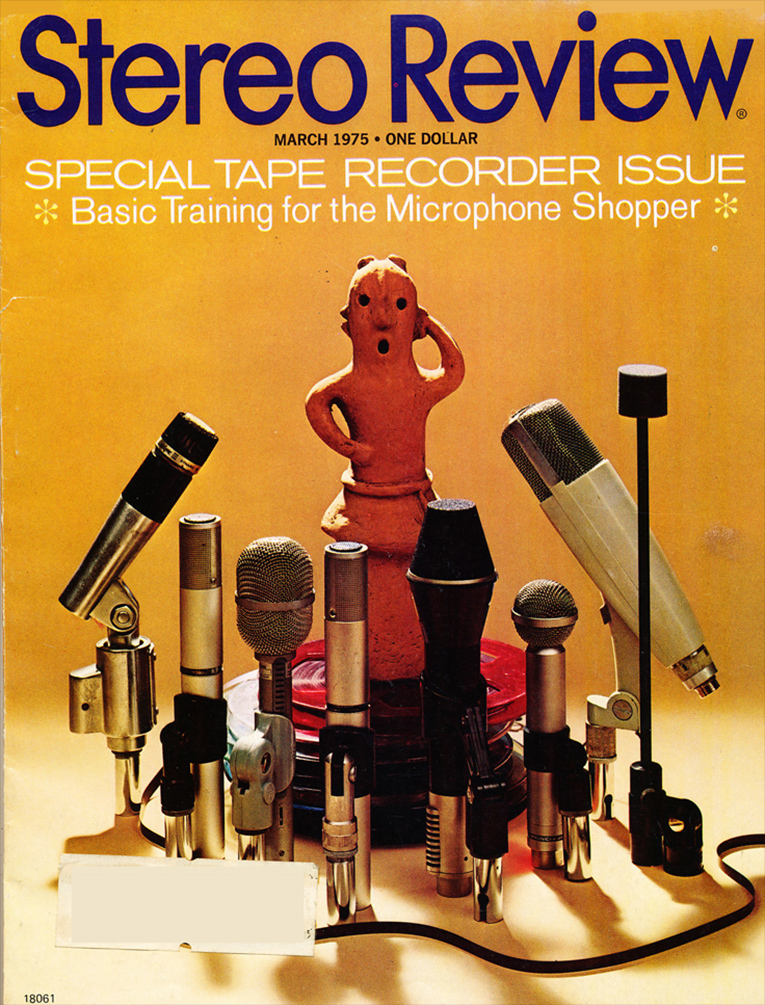
Across the Pond, the British had a different conflict with which to deal, primarily because the UK’s newsstand press was more like the US-based underground magazines: edgy and unafraid to publish critical reviews, as opposed to kissing advertisers’ butts. Instead, to make life tortuous, Great Britain had the odious, notorious “Flat Earth Society” in perpetual conflict with the true (read: imported) high end.
In retrospect, the Flat Earth Society was a restrictive group not unlike the current (mainly left-wing) malign malcontents who cannot tolerate opposing opinions, the scum destroying the world’s universities, perpetrating fake news, and branding anyone with whom they disagree a “Nazi.”
Without naming names, I’ll say only that the Flat Earthers’ campaign was based on old-fashioned, toxic xenophobia-cum-jingoism. The anonymity is a gesture of civility on my part because it’s ancient history like the US hi-fi magazine contretemps, and the British brands responsible for the Flat Earth madness either no longer resemble their 1980s selves or they (deservedly) no longer exist.
Thirty years on, having survived being in the minority of those based in the UK who didn’t slavishly worship the mainly anti-American tenets of the movement, I sometimes wonder whether, in the wee hours, when they were lying awake in their beds, the main protagonists realised that the equipment they produced was so vastly inferior to the best stuff being made in the USA as to be risible, and that their entire “philosophy” was a sham. As history has proven.
But back to neurotic readers. In my 67 years on the planet, I do not ever recall seeing in a car magazine a reader’s letter rank with jealously because the writers got to drive all manner of cool and costly vehicles. The readers in all likelihood were prepared to accept that the writers were simply doing their jobs -- but they just happened to have better perks than, say, a bricklayer, accountant, or a dentist, though a bricklayer has the perks of cheaper masonry, the accountant can do his or her own tax returns, and a dentist probably gets a deal on fillings.
Same with wine magazines -- no bitching about reviewers getting free slurps -- or foodie magazines where the writers review restaurants. I’ve never heard of travel mag readers complaining about the staff flying off to exotic resorts, or -- to take it away from journalists -- cabin crews getting free or discounted flights. Like I said, nearly every job has its perks: even those who work in fast food joints get staff meals.
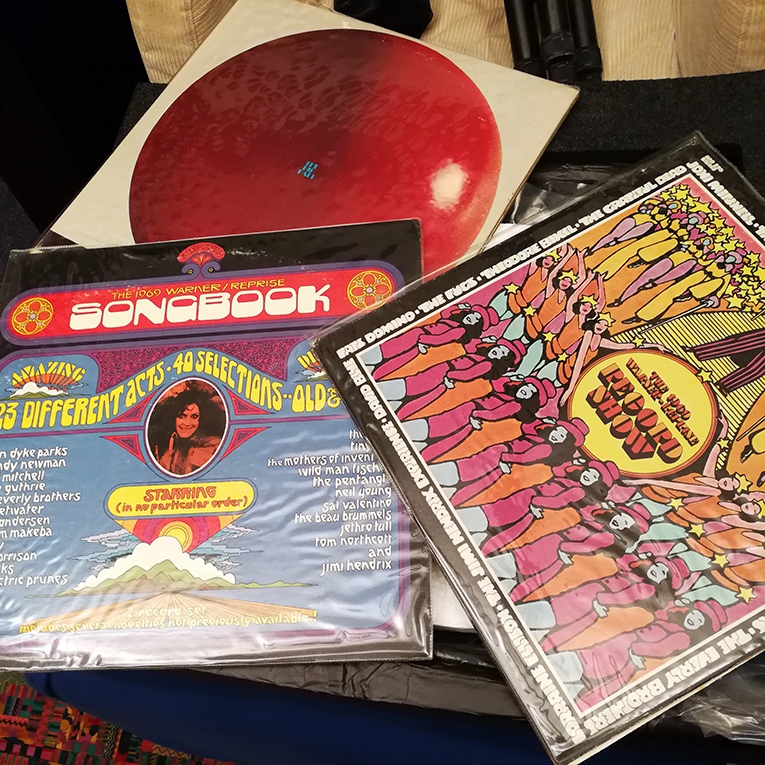
So what is it about audiophiles who still whine and bitch and moan about -- no, not “free equipment” this time, but review copies of LPs and CDs? They should check out the scandalous “gift giving” that drives online influencers who can’t even spell the brands’ names, but who have 250,000 followers on whatever inane social media platform they’re using. Kinda makes a mockery of me being challenged recently as to whether or not I bought the records and CDs I review each month, or if they were “donated” by the record labels. His word, not mine.
Reality check: Clearly, the reader was unhappy because certain audiophile pressings were beyond his means, which prompts the question as to why he was reading a magazine about extremely expensive hi-fi gear. That said, he reminded me of the bad old days, when, as mentioned above, any hi-fi scribe caught having a drink with a manufacturer was adjudged to be lower than a kitten strangler.
What the reader failed to appreciate were certain commercial realities, while impugning this writer’s (and others’ by extension) ethics, honesty, and integrity. If magazines had to buy copies of the titles needed to be covered, the likes of Rolling Stone would have minuscule review sections. Equally, the cost of an LP or CD (also written off as a legitimate operating expense) isn’t even a whole percentage point of the cost of an advertisement occupying the same amount of space on the page.
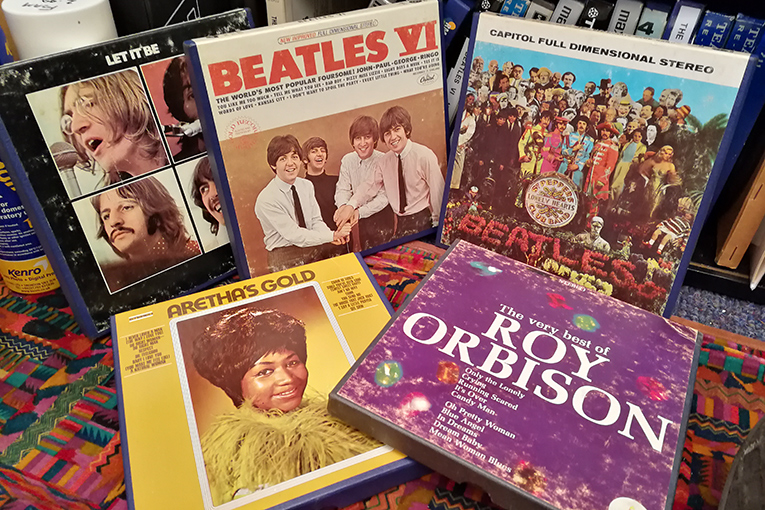
As far as the labels are concerned, it’s a win-win deal, with minimum outlay for editorial coverage -- which carries far more weight than an ad. Ironically, the reader was picking on a writer who may be the only one on earth stupid enough to actually pay for many of the titles he reviews; the record labels may know a good deal when they see one -- LPs or CDs in exchange for reviews -- but that doesn’t mean their mailing lists haven’t shrunken. But I shall sleep well tonight, feeling guilt-free for stating in print that I hate Marvin Gaye’s What’s Going On and John Lennon’s Imagine.
. . . Ken Kessler
kenk@soundstagenetwork.com



